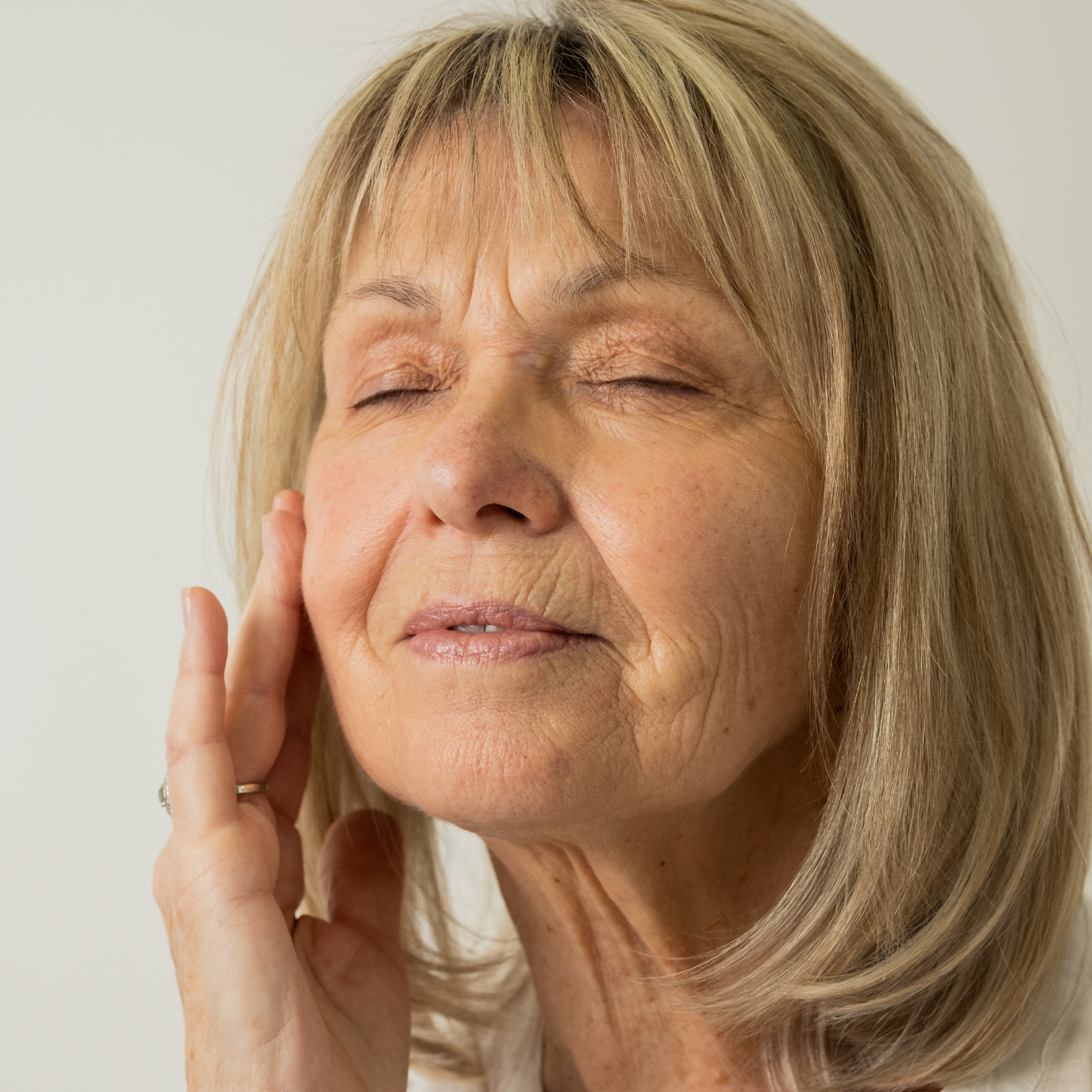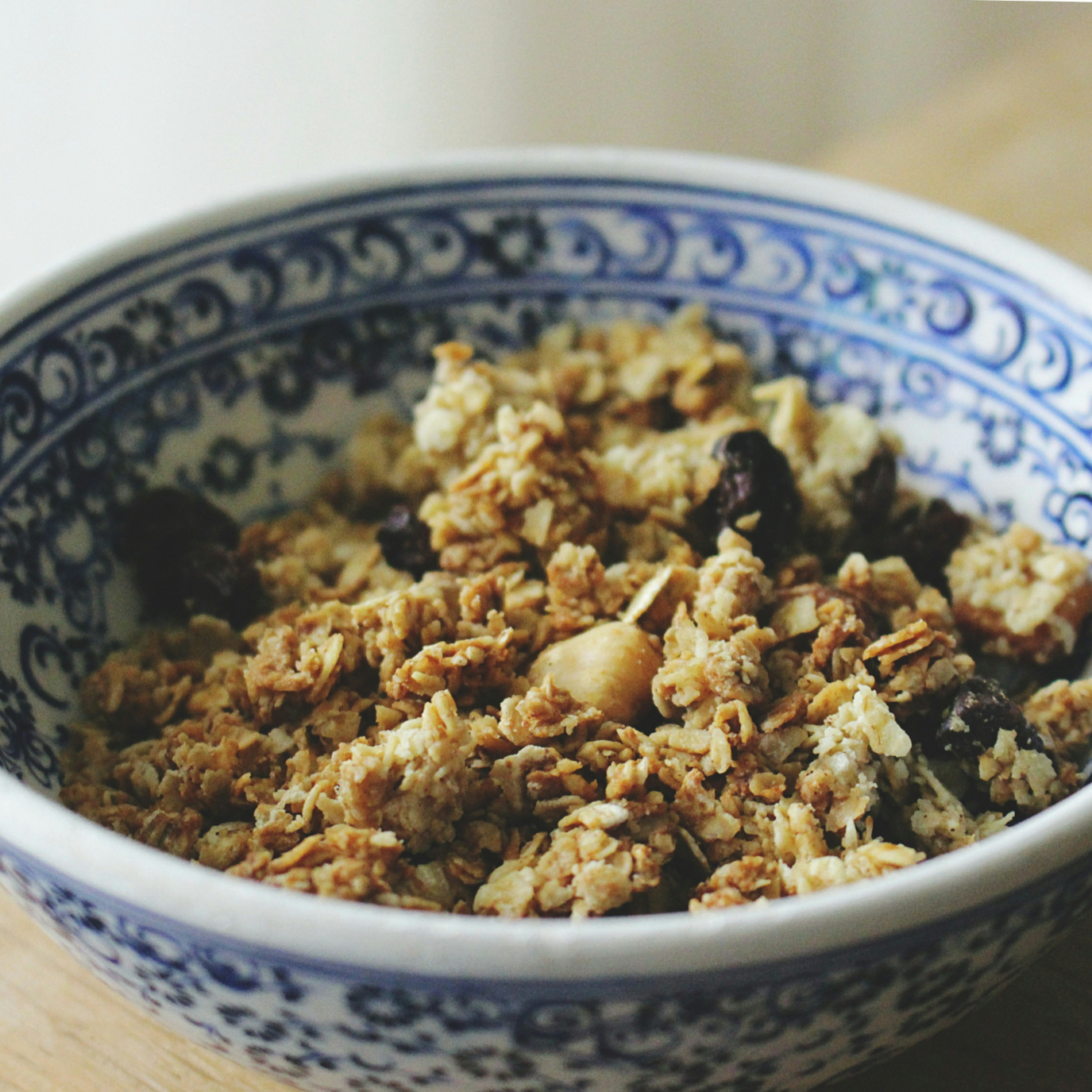
Skin Aging Isn’t a Flaw. It’s Biology.
We need to talk about how we talk about aging!
Somewhere along the way, skincare turned into anti-aging warfare. Wrinkles became the enemy. “Loss of firmness” and “Fine lines & wrinkles” were treated like failures. And we were sold the idea that youth was the only finish line worth running toward.
But here’s the thing, aging isn’t a flaw. It’s a function. It’s not a problem to be fixed; it’s a process to understand. And when we start working with biology instead of fighting it, skincare becomes a lot less stressful and a lot more effective (and fun).
Let’s break it down together. What happens when the skin ages? We are all familiar with the surface signs, including fine lines, sagging, dullness, brown spots, etc. But here’s what’s going on underneath:
- Collagen and elastin production slow down: Around age 25, our collagen levels begin to decline by approximately 1% per year. By your 40s, your skin just isn’t bouncing back the way it used to.
- Natural hyaluronic acid levels decline: Hyaluronic acid helps keep skin plump, hydrated, and elastic. As we age, our body produces less of it, leading to a visible loss of volume and firmness.
- Microcirculation slows: Blood flow to the skin decreases over time, which can reduce oxygen and nutrient delivery, leaving skin looking more tired or sallow, even if you’re doing everything else right.
- Cell turnover slows down: Dead skin cells stay longer, causing skin to look dull or uneven.
- The barrier function weakens: Skin loses lipids and ceramides, resulting in reduced moisture retention and increased sensitivity.
- Hormonal changes begin: Estrogen has a significant influence on skin structure. As levels decline (particularly during perimenopause and menopause), skin becomes thinner, drier, and less elastic.
- Cumulative sun and pollution exposure accumulate: UV damage, oxidative stress, and environmental factors all leave their mark over time.
All of this is normal! Your skin is doing its job. It’s just doing it in a different stage of life.
Let’s release the fear and recognize that wanting to support your skin as it ages is perfectly natural. Not every fine line is a sign of a problem. Stop trying to turn back the clock; instead, focus on caring for your skin thoughtfully over the years. And remember that no cream or serum can “stop” aging. But what they can do is:
- Protect and strengthen your skin barrier.
- Stimulate collagen production.
- Boost hydration and smooth texture.
- Even tone and reduce pigmentation.
- Help your skin function at its best, no matter your age.
That’s not anti-aging. That’s pro-skin health.
Here are some common misconceptions that aren’t helpful, so let’s clarify the ones that most often come up in our DMs and skincare discussions.
“It’s too late to start skincare in your 40s, 50s, 60s and beyond”
That's not true. With the proper routine, your skin can continue to improve. It’s never too late to start taking care of your skin and your health.
“Aging skin is damaged skin.”
Not necessarily. Aging is a natural process, but damage can be avoided. One does not always imply the other.
“You need aggressive treatments to make a difference.”
Not everyone requires lasers or injectables. Facials and topical skincare, when consistently applied and properly formulated, can provide substantial benefits.
Aging is a personal process, and your skin doesn’t age according to a fixed timetable. Factors such as genetics, sun exposure, lifestyle, stress, diet, and hormones all contribute to how it progresses. That’s why aging varies from person to person and why skincare should never follow a one-size-fits-all approach. Some people notice visible changes in their 30s, while others may not until their 50s. Some experience sagging; others develop pigmentation issues. The goal isn’t to look like someone else, but to support the skin you have and maintain your health.
Here’s what we believe works and what we recommend most often to clients:
- Daily SPF: Your top defence against accelerated aging. No exceptions.
- Retinoids: Vitamin A derivatives that help boost collagen, reduce wrinkles, and even out tone.
- Antioxidants (such as vitamin C, niacinamide, and resveratrol) protect your skin from environmental damage and support its repair.
- Barrier-repairing moisturizers: Think ceramides, peptides, hyaluronic acid. These keep your skin hydrated and resilient.
- Professional treatments (when appropriate): Facials, microneedling, radiofrequency, and IPL can help stimulate collagen, but only when tailored to your specific goals, skin type, and comfort level.
And most importantly? Adjust your mindset. Your skin isn’t “declining.” It’s evolving. Let it. Your skin tells the story of your life. It changes because you change. That’s not failure; it’s proof that you’ve lived. Let’s stop talking about aging as if it’s something to hide or erase. Let’s begin treating it as what it is: natural, powerful, and deserving of care.
If you’re navigating new skin changes and don’t know where to start, seek guidance. Work with an esthetician, dermatologist, or skin expert who can assess your skin and create a personalized plan and routine tailored to your needs. Not for your past self. Not for someone on Instagram. For you. Because when you understand your skin, you can stop chasing perfection and start supporting progress.
Until next time,
Beate von Huene










Leave a comment